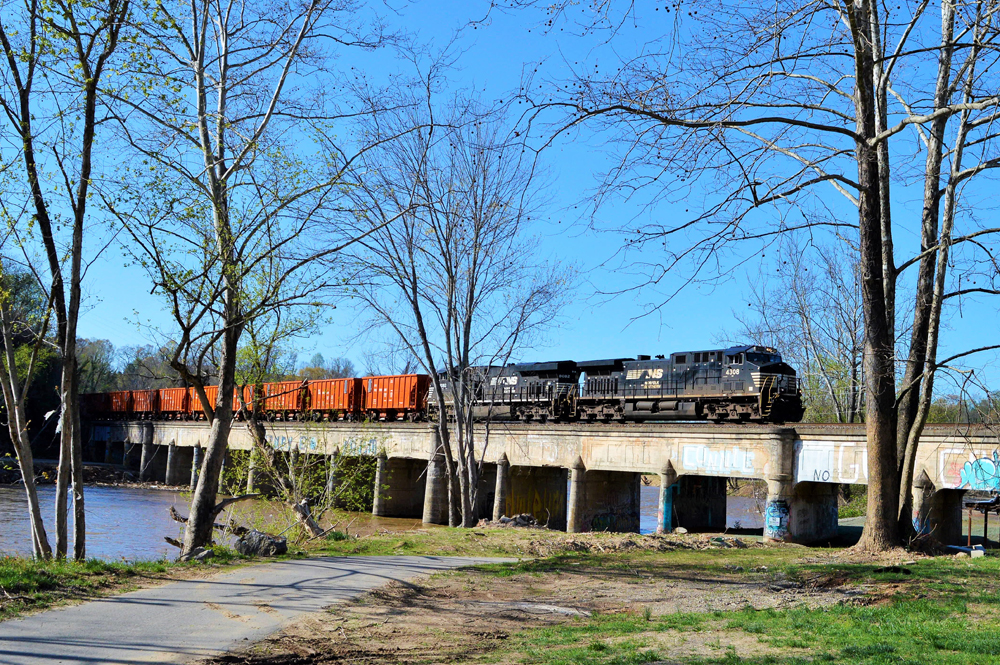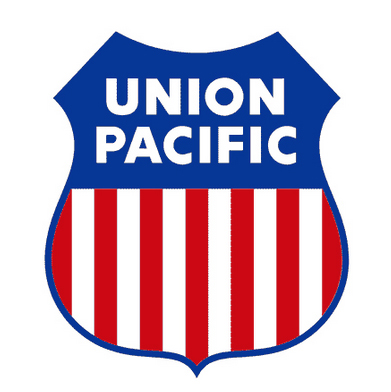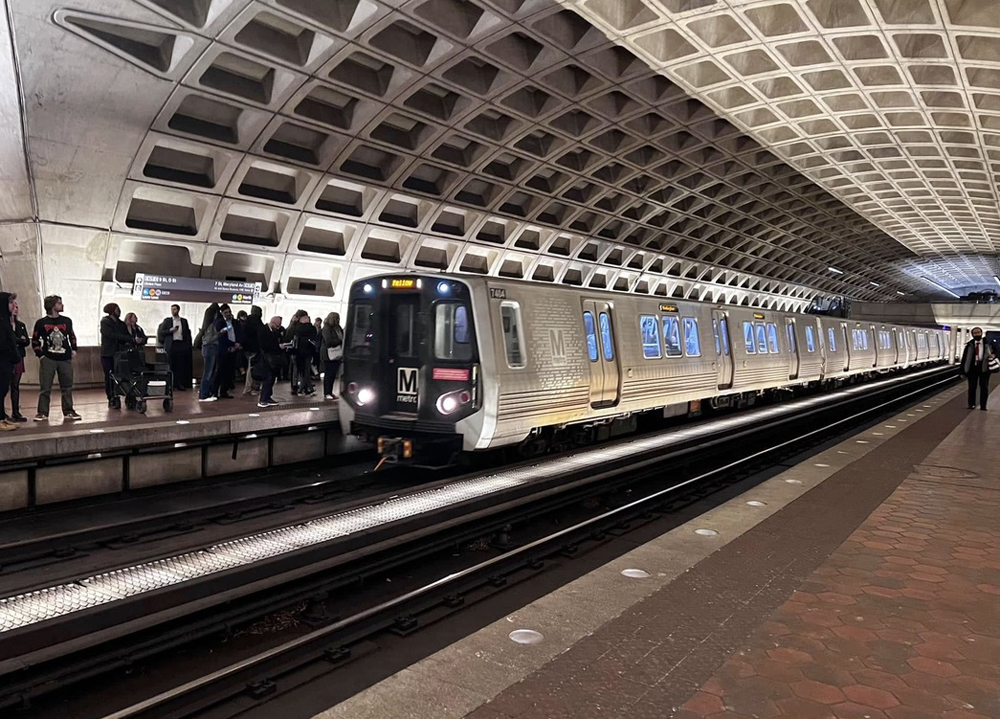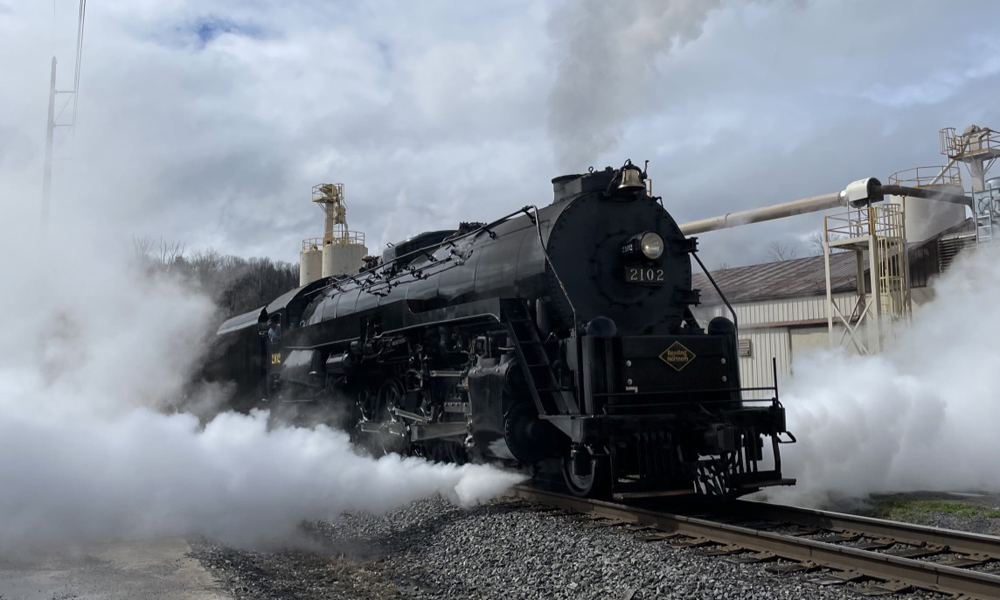UP announced in November that it would charge customers $10,000 if they cancelled a unit train less than 48 hours prior to its original release date. Effective immediately, UP has reduced the charge to $2,500, Kenny Rocker, executive vice president of marketing and sales, announced in a May 31 customer advisory.
The change was the third made during May as a result of feedback from shippers and the Surface Transportation Board, which last month held a two-day hearing on the controversial charges.
The board is widely expected to rein in some of the new practices that are partly designed to encourage shippers to load and unload cars more quickly.
Shippers have complained that the charges are one-sided, unfair, and prone to billing errors that are cumbersome to challenge. Railroads contend the charges are necessary to increase fluidity, which will result in improved service for all shippers.
“I certainly appreciated the opportunity to listen to customer feedback first-hand and personally read every customer letter filed. I also appreciated the opportunity to clarify our demurrage and accessorial programs to the board,” Rocker wrote. “Rest assured, we are listening to your concerns and taking action. Please look for further adjustments in our accessorial program aimed at responding to your and the board’s feedback, while continuing to advance our important goal to align customer supply chains toward greater network fluidity and more reliable service for all of our customers.”
On May 8, UP said its “not prepared for service” charge would be determined on a per occurrence basis, not on a per car basis, and only collected if a shipper has three or more such occurrences per month.
On May 17, UP said it would not apply multiple types of tariff charges to the same rail cars for the same cause.
“We will continue to listen to our customers and stakeholders and be fair and reasonable with our accessorial program,” Rocker wrote.
Last year UP and Norfolk Southern announced more strict demurrage and accessorial charges when they began adopting operating models based on the principles of Precision Scheduled Railroading.
The changes largely mirrored those of CSX Transportation, which began enforcing its existing policies and adopted more strict demurrage rules after E. Hunter Harrison was named chief executive in 2017.
Neither NS nor CSX has yet announced changes to their policies.
“Norfolk Southern appreciates the feedback of our customers and incorporates it into our constant evaluation of the reasonableness and efficacy of our demurrage and accessorial charges,” the railroad said in a statement.
CSX says it will file a supplemental submission with the STB later this week that will address some of the questions raised by board members as well as feedback from its customers.














